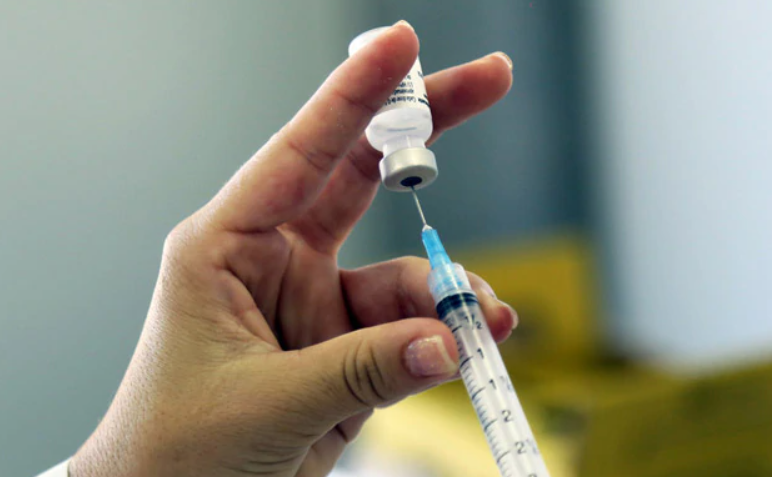New Delhi’s decision to supply vaccines to neighbours is both smart and humane
India started its vaccination drive against Covid-19 on January . But even as it prepares to equip its citizens against the virus that has devastated lives and livelihoods, over the past week, India has proactively sent vaccine supplies, as grant, to its neighbors and friends. Bhutan, Maldives, Bangladesh, Nepal, Mauritius, Myanmar, and Seychelles have already received vaccine doses, in varying quantities, while Sri Lanka and Afghanistan are expected to get these soon. There are also commercial supplies that have made available to Brazil and Morocco — even as other countries have reached out for assistance.
India’s Vaccine Maitra, as the initiative has come to be known, is one of the most humane and diplomatically astute moves by the government on the foreign policy front in recent times. It fits into Narendra Modi’s declared policy of neighborhood first. It is no secret that ties with smaller neighbors have gone through ups and downs, often due to the policy approach adopted by these neighboring countries vis-à-vis China and due to internal political salience of the nationalist card, which often translates into criticizing India. But Delhi — by providing the most important public good possible at this time in history — has scored in generating goodwill not just among governments, but most importantly, citizens, both in the immediate vicinity and extended neighborhood. The message is simple — when there is a crisis, India is there to help.
The fact that India has been the first responder also helps it score — in terms of real geopolitical signaling — over China — which has faced issues with its own vaccine. This helps dispel the impression of New Delhi as a laggard and counters the often exaggerated spin of Beijing as having all the answers. The praise Delhi has got from others, from the World Health Organization to the State Department of the United States, is further boost to India’s soft power. By being a responsible power, empathetic to the needs of people beyond its borders, ready to help even as it faces its own crises, in a tough region, India has served itself — and the wider region of South Asia and Indian Ocean — well. The government must be applauded for this imaginative diplomacy, aided in no small measure by the structural advantage of being the world’s pharmacy.




